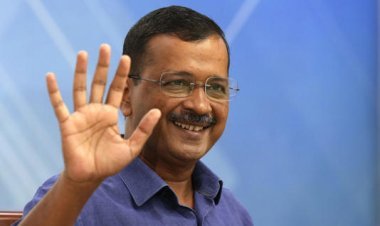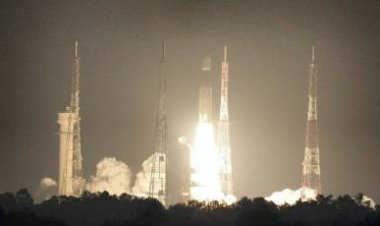Supreme Court's unanimous important decision that government recruitment rules cannot be changed midway
On Thursday, the Supreme Court said that the rules for recruitment in public services cannot be changed midway through the selection process. A five-judge bench headed by the Chief Justice gave its verdict unanimously. The Supreme Court was hearing the matter whether the recruitment rules can be changed during the recruitment process or not.

On Thursday, the Supreme Court made an important comment regarding government recruitment rules. The Supreme Court said that the recruitment rules for government jobs cannot be changed midway unless it is predetermined. A five-judge bench headed by Chief Justice DY Chandrachud said that once the 'rules of the game' are decided before the recruitment process begins, they cannot be changed midway.
The selection rules should not be arbitrary but should be governed under Article 14 of the Constitution. The public recruitment process should have transparency and non-discrimination as its hallmark, the apex court said unanimously. The bench also comprised Justice Hrishikesh Roy, Justice PS Narasimha, Justice Pankaj Mithal, and Justice Manoj Mishra.
It explained that in cases where amendments are allowed under the existing rule or advertisement, it has to agree with the requirement of Article 14 and satisfaction of the test for non-arbitrariness.
The Supreme Court on Thursday denied the petition to transfer the alleged rape and murder of a woman doctor at RG Kar Hospital in Kolkata outside West Bengal. The bench headed by Chief Justice DY Chandrachud said that the judge of the lower court nurtures adequate powers to order further investigation if he deems it fit after going through the evidence on record. The court also considered the sixth status report filed by the CBI in this case, but did not comment on it. The court said that the investigation is still pending.
The apex court said that a Kolkata court has framed charges against the main accused Sanjay Roy on November 4. The daily hearing in the case will start from November 11. During the hearing, the National Task Force (NTF) presented its report to the apex court. The apex court directed the NTF report to be shared with all states and Union Territories and posted the matter for hearing after four weeks. On October 15, the Supreme Court asked the West Bengal government questions on the recruitment of civic volunteers in the state and sought data on their recruitment and appointment process.
The Supreme Court on September 30 expressed dissatisfaction over the state's slow progress in installing CCTVs and constructing toilets besides separate restrooms in government medical colleges and ordered it to be completed by October 15.
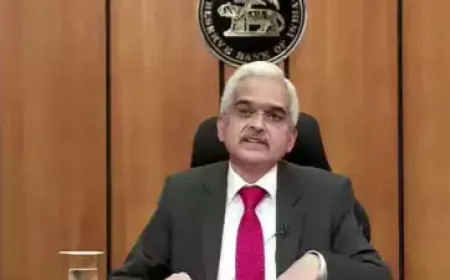





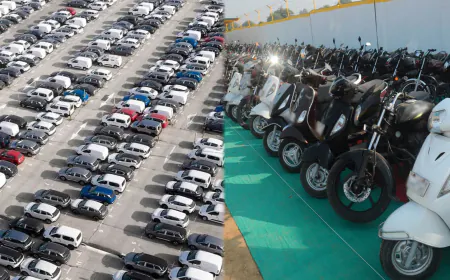


















































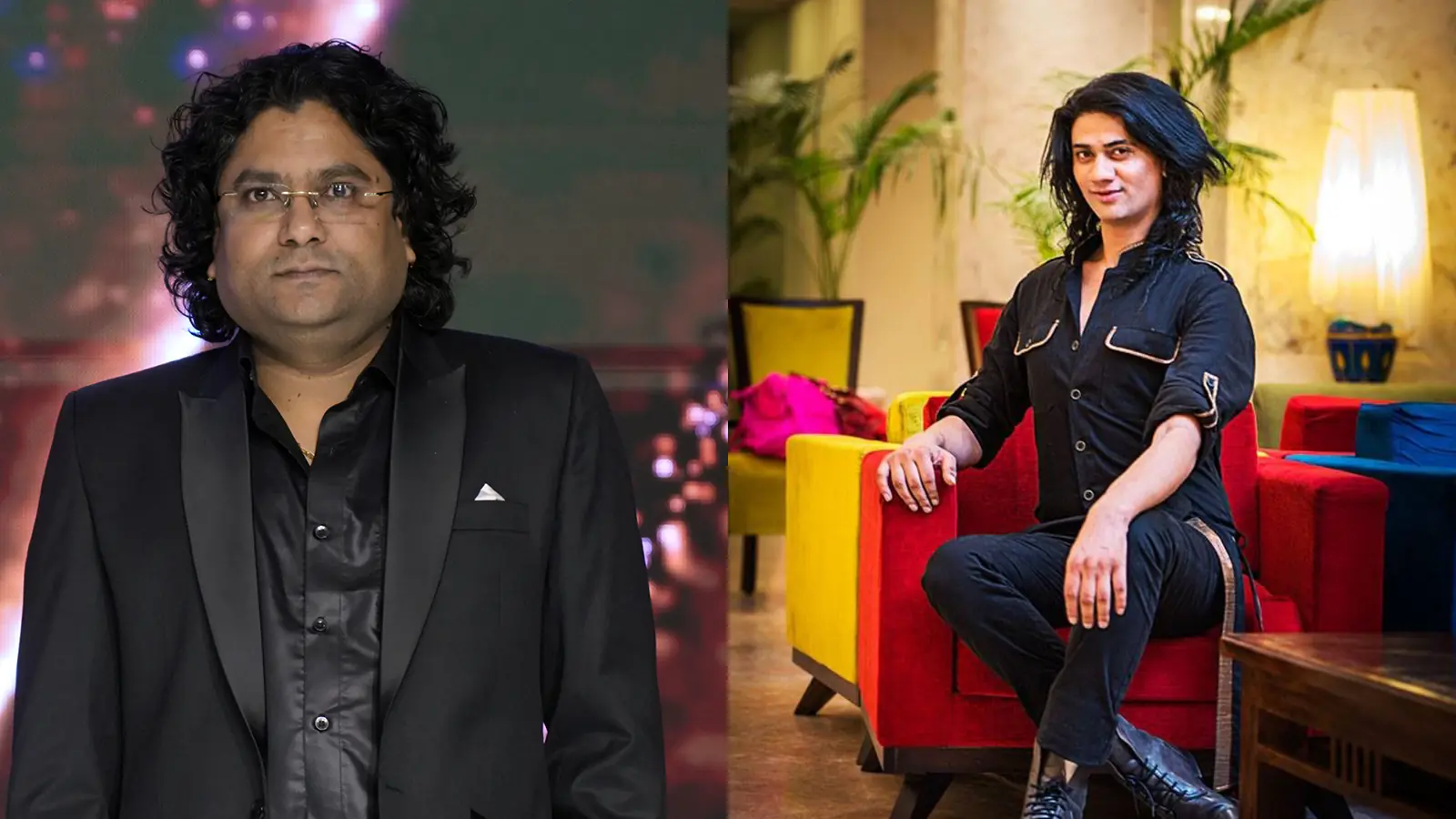





















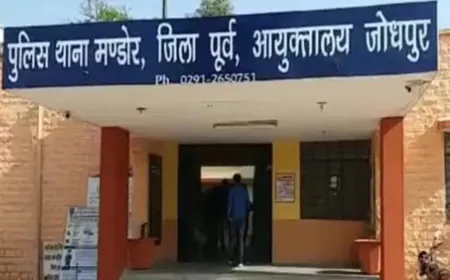
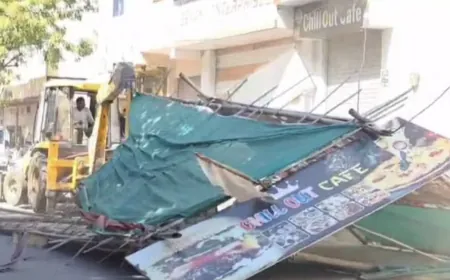




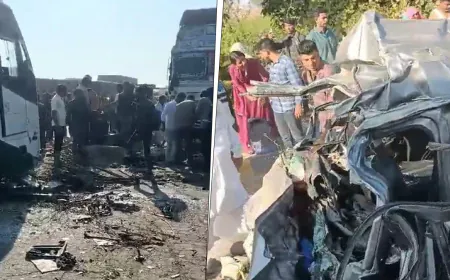


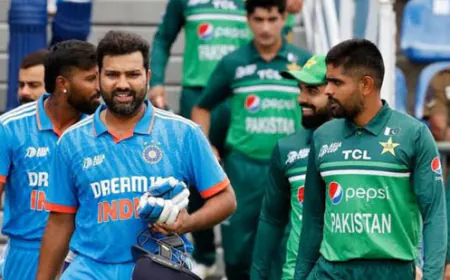
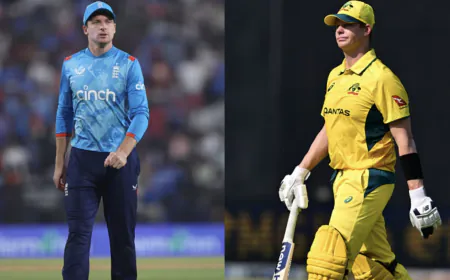





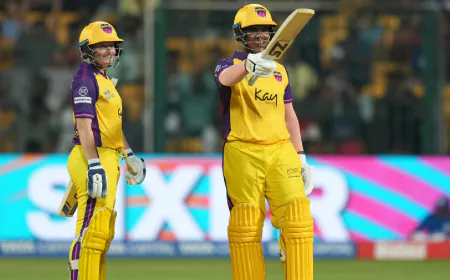



















.jpeg)



